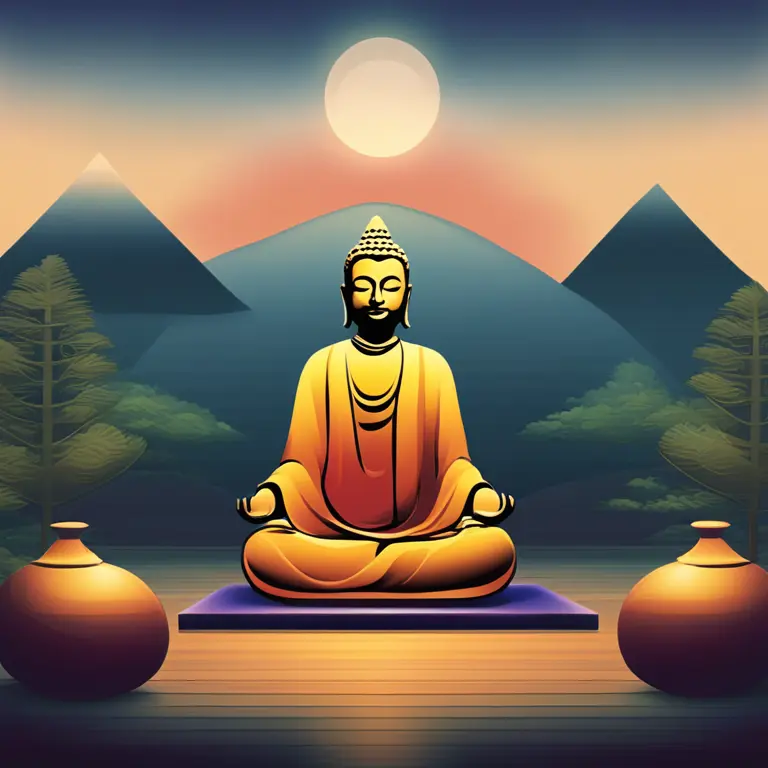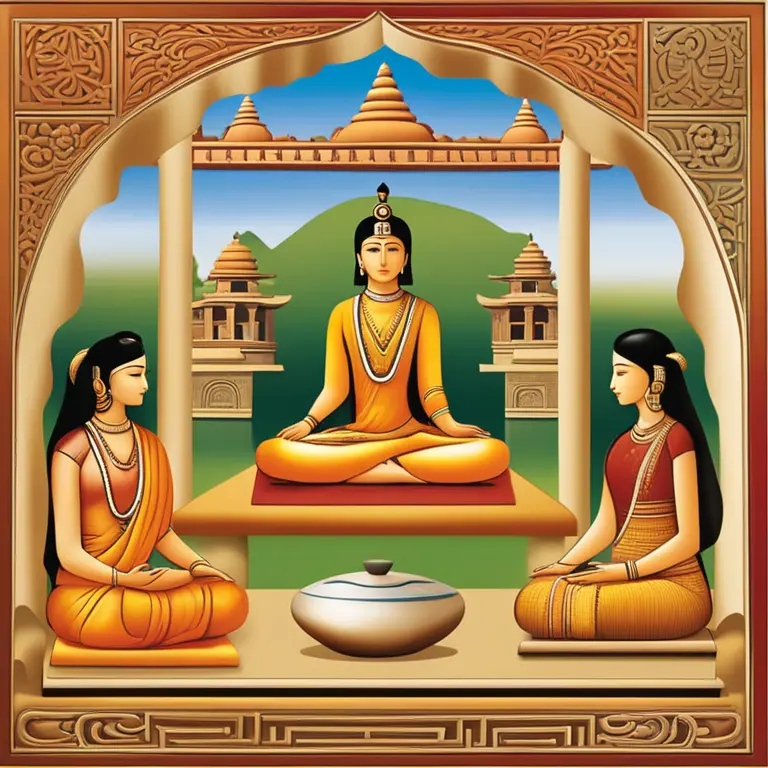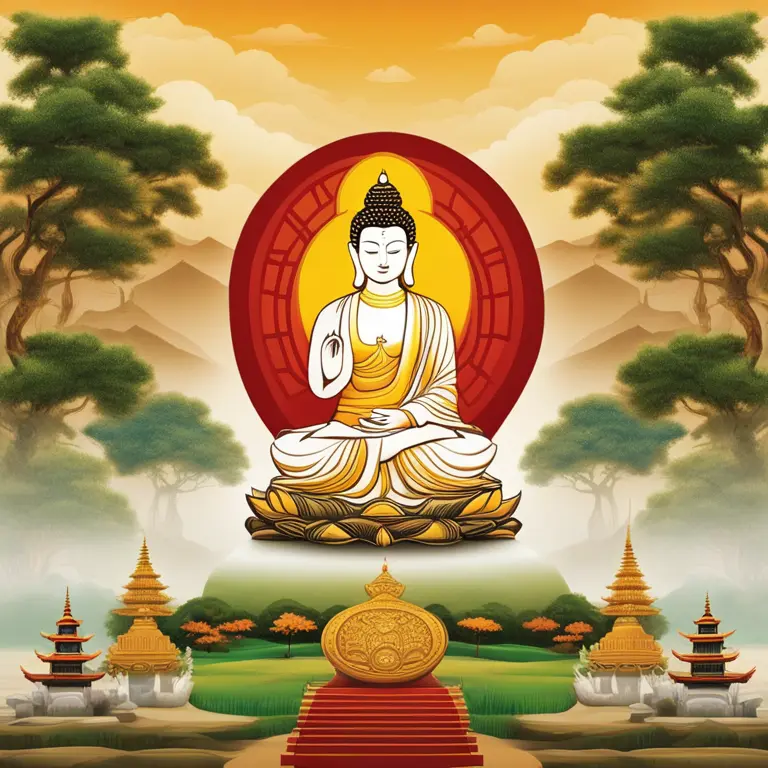
Unlocking The Origins of Meditation Practice
Discover the rich history and cultural roots behind the practice of meditation, tracing its inception and evolution over thousands of years.
article by Hina Kurosawa
The Dawn of Meditation
Meditation, often seen as a practice for mind and soul harmony, lacks a clear-cut inventor or definitive starting point. Its origins are deeply rooted in prehistoric traditions, where the rudiments of meditation possibly emerged from the simple need for calm and introspection. The earliest documented evidence of meditation practices stems from the Indus Valley around 5,000 BCE, suggesting that South Asian cultures were among the first to formalize such techniques.

The Seals of Indus Valley
Archaeological findings, including terracotta seals from the ancient Indus Valley Civilization, depict figures in positions resembling meditation poses. These artifacts suggest the integration of meditative practices in rituals and day-to-day life. As civilizations evolved, meditation developed in tandem with religious and spiritual movements across Asia, notably within Hinduism and Buddhism in India, Taoism and Confucianism in China, and Shintoism in Japan.

Buddhism and the Spread of Meditation
Buddhism played a pivotal role in the spread of meditation. With the teachings of Siddhartha Gautama, the Buddha, from around the 6th century BCE, meditation became central to spiritual development. The dissemination of Buddhism through Asia brought meditation to new populations, each integrating the practice within their unique cultural contexts, leading to a variety of meditation forms.

Diverse Traditions Across Continents
As meditation practices spread westward along the Silk Road, they influenced mystical traditions of the Islamic world. The Christian monastic tradition also suggests instances of meditative-like practices referred to as "contemplative prayer." In this way, many cultures developed their versions of introspective practices independently, pointing to a universal human inclination towards meditation.

The Science and Modern Revival
The 20th century saw a resurgence in meditation's popularity, coupled with a scientific interest in its benefits. Research conducted from the 1970s onwards has supported claims of meditation's positive effects on stress, mental health, and overall well-being. Today's meditation practices are often secular and scientific in nature, aiming to complement health and mindfulness without religious overtones.
Meditation in the Digital Age
In our contemporary era, meditation apps and online platforms are prevalent, bringing ancient techniques to the digital user's fingertips. Evolving beyond its traditional roots, meditation is now as much a tool for productivity and stress management as it is for spiritual exploration, making its historical origins all the more fascinating in the contrast with its modern adaptations.
Published: 1/14/2024
Modified: 1/15/2024
More predictions
Come back here soon to learn more about yourself and your future


Healing Through Mindfulness: Meditation & Trauma Recovery
Mindfulness meditation offers a powerful tool for individuals seeking solace and healing from traumatic experiences. Discover how this practice can aid in the journey towards inner peace.


Mindfulness Meditation: A Handbook for High Schoolers
Discover how mindfulness meditation can benefit high school students, enhancing focus, reducing stress, and promoting overall well-being.


Easing Loneliness with Mindfulness Meditation
Explore how mindfulness meditation can provide solace and connection to alleviate the feelings of loneliness.